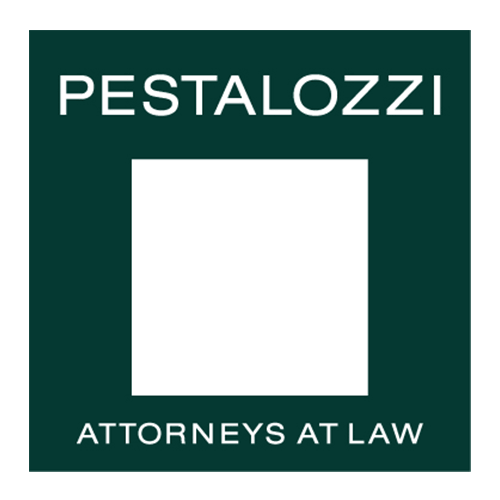
In the intricate world of business and financial systems, establishing trust and maintaining transparency has never been more vital. Investors, shareholders, employees, regulators, and the public all rely on the accuracy and truthfulness of a company’s financial information. This trust underpins economic stability, promotes efficient capital allocation, and ultimately drives growth. Central to fostering this trust and transparency are independent audit and assurance services.
This article delves into the importance of these services and their role in sculpting a transparent and trustworthy economic landscape.
Financial Accuracy And Reliability
The primary objective of auditing is to validate a company’s financial information. Through a thorough examination of financial statements and associated documentation, auditors affirm their accuracy and adherence to accounting standards. Accounting and assurance services guarantees that all users of financial statements that the presented figures are reliable and error-free.
Financial statement accuracy extends beyond being a mere internal company concern—it has a profound impact on a wide array of external stakeholders. Investors and lenders base their decisions on these statements, employees depend on them for job security, while regulators utilize them to ensure market fairness and corporate accountability. By offering an independent, objective assessment of financial statements, audits guarantee that these diverse stakeholders can make informed decisions based on credible information, thus nurturing a vibrant business environment.
Compliance With Laws And Regulations
Modern business operations are enveloped in a complex web of laws, regulations, and standards designed to ensure fairness, protect stakeholders, and maintain economic stability. Adhering to these rules is mandatory, and failing to do so can have severe consequences, ranging from financial penalties to reputational damage.
Auditors act as the guardians of regulatory compliance. During their audit process, they scrutinize a company’s operations to ensure alignment with all relevant laws and regulations. This function is instrumental in upholding the rule of law in business operations, which in turn reinforces stakeholder trust in the company and the business environment at large.
Detection And Prevention Of Fraud
An unfortunate reality of the business world is that fraud, both internal and external, poses a significant risk. Fraudulent activities can precipitate massive financial losses and reputational damage, undermining stakeholder trust. This is where audit and assurance services rise to prominence as an effective anti-fraud measure.
Armed with the skills and tools to uncover fraud that may elude the untrained eye, auditors can identify inconsistencies, discrepancies, or anomalies in financial statements that could suggest fraudulent activity. Moreover, the mere presence of an audit process acts as a deterrent to potential fraudsters. The risk of detection and subsequent penalties discourages fraudulent behavior, fostering a culture of integrity and ethical business practices.
Investor Confidence And Market Stability
In the financial market, confidence is a priceless commodity. Investors require assurance that their investments are secure and that the companies they invest in are managed appropriately. Audits, through their independent verification of financial statements, provide this much-needed confidence, fostering a sense of assurance among investors.
Investor confidence, in turn, contributes to market stability. A stable market is a cornerstone for economic growth, and independent audits play a crucial role in preserving this stability. By ensuring that companies are truthful in their financial reporting and that their operations are sound, audits alleviate market uncertainty, minimizing the risk of financial crises and fostering a robust, resilient economy.
Stakeholder Trust And Reputation Management
In a world where reputation can make or break a business, companies need to showcase their commitment to transparency, honesty, and good governance. Regular audits and assurance services serve as a public demonstration of this commitment. By willingly subjecting themselves to an independent review, companies display that they operate in a fair, transparent, and responsible manner.
This demonstration is invaluable in establishing trust with various stakeholders, including customers, suppliers, employees, and the community at large. It also fosters a positive corporate reputation, a vital asset in the highly competitive business landscape.
Conclusion
Independent audit and assurance services play an indispensable role in enhancing transparency and trust in the business world. Their rigorous review processes ensure financial accuracy, market stability, and stakeholder confidence. These services, often unseen, are a critical pillar of corporate governance and accountability, shaping an environment conducive to economic growth and stability. By promoting accurate financial reporting, regulatory compliance, fraud detection, and risk management, they cultivate an atmosphere of trust and facilitate the steady flow of capital that drives our economies forward.




















